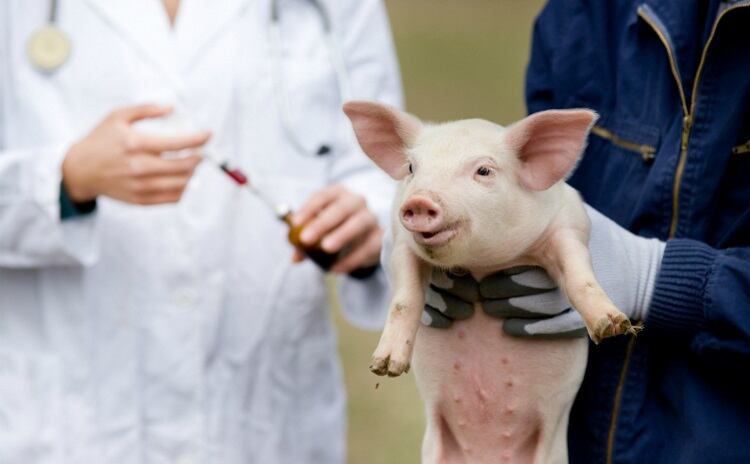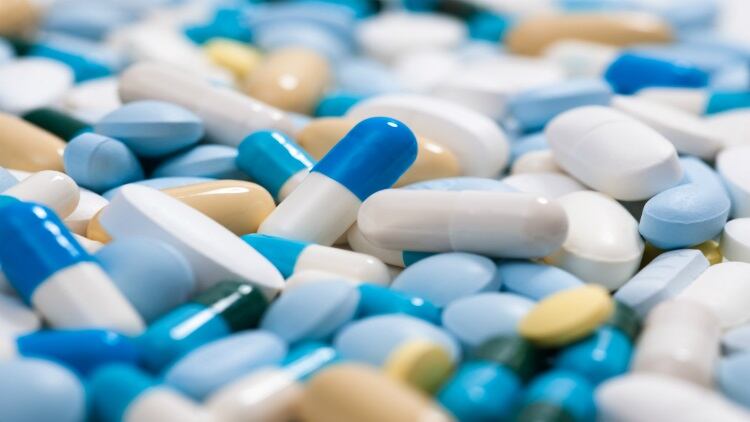AnimalhealthEurope members have joined a multi-billion euro pledge to support the development of vaccines, diagnostics and other measures to protect animals from disease.
The pledge for 25 Global Actions by 2025 is part of a global Roadmap to Reducing the Need for Antibiotics initiated by HealthforAnimals, which sets out three approaches to reduce the need for antibiotics in animals: disease prevention and control; earlier detection of illness; and fast, accurate treatment.
The pledge pinpoints 2025 for the delivery of 25 clear, measurable global actions (see box below) to improve these three key areas.
AnimalhealthEurope secretary general Roxane Felle said: “In Europe coordinated efforts on awareness-raising around antibiotic resistance, and improving disease prevention and animal health management have made notable progress in reducing the need to use antibiotics in animals. Our pledge for further targeted actions will serve to boost such efforts at a global level.”
Felle made it clear that antibiotic reduction needs to be done in a sustainable way, and by working in partnership across the entire industry.
“Antibiotics remain the only way to treat bacterial disease, so we cannot simply reduce antibiotic use without first improving animal health. As such, our pledge includes actions to boost veterinary training in preventive care and responsible use of medicine. As our stewards of animal health, the veterinarian’s responsibility in the AMR challenge is as critical as that of doctors and human healthcare workers. It is vital that veterinarians have access to the latest tools, knowledge and products that improve animal health and lower the risk of bacterial disease.”
“But the animal health sector cannot reduce the need for antibiotics alone. Global support from international and regional organisations in improving prevention, detection and treatment of animal disease is needed. And promoting the deployment of the broader toolbox of animal health solutions in all parts of the world, is essential to reduce the need for antibiotics in animals,” Feller added.
The 25 recommendations are:
Research & development
• Invest at least $10bn (€9.1bn) in research and development
• Deliver at least 100 new vaccines
• Deliver at least 20 new diagnostics tools
• Deliver at least 20 new nutritional enhancement products
• Deliver at least 30 other products that can reduce the need for an antimicrobial by reducing stress or boosting the natural immune system
Veterinary training & access
• Provide clear labels on every, single product
• Make technical guidance available to all product users
• Train more than 100,000 vets in responsible use of medicines
• Undertake at least 15 veterinary training partnerships
• Invest at least $5m (€4.5m) in veterinary education scholarships and grants
• Deliver a white paper on opportunities in telemedicine for improving access to vets in high-income and low and middle income nations
One Health
• Deliver new tools that reduce the likelihood of human exposure to a resistant pathogen such as Salmonella, Campylobacter, or E. coli
• Conduct an AMR risk analysis for every new antibiotic brought to market
Communications
• Participate in forums and public dialogues to help build understanding of risks, benefits, and actions that different stakeholders can take
to improve public health outcomes in the fight against AMR
• Issue regular report(s) and/or white paper(s) identifying barriers to adoption of prevention tools (e.g. vaccination, biosecurity, etc) and
how they can be addressed
• Issue Roadmap Updates in 2021 and 2023
Knowledge
• Provide research grants of at least $1m (€0.9m)
• Publish new, scientific research within peer-reviewed publications which improves understanding of veterinary pathogens or AMR
• Provide data and support to help improve disease tracking to organizations such as the World Organisation for Animal Health (OIE)
Co-operation
• Participate in responsible use coalitions in major markets
• Share sales data in every market where it is required
• Undertake five new partnerships that deliver products that help to reduce the need for antibiotics in underserved markets
• Conduct at least 50 audits of active ingredient suppliers to ensure they are meeting appropriate standards
• Encourage medicine users to submit efficacy reports into pharmacovigilance monitoring systems


